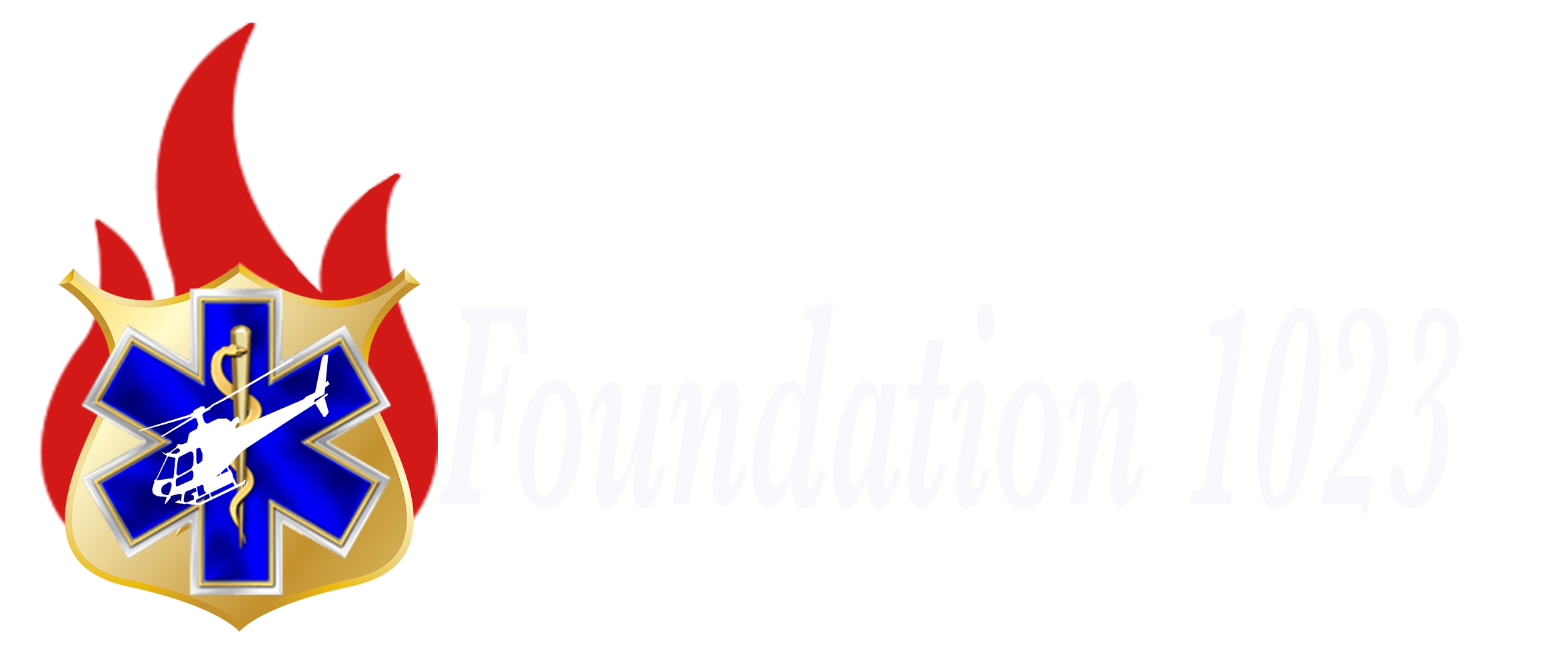

Tips for Families of Returning Disaster Responders: Adjusting to Life at Home from the Substance Abuse and Mental Health Services Administration
Increasing attention is being paid to the challenges that emergency and disaster responders face as they perform their work and then return to their loved ones and normal routine. As the family member of a response worker, you have faced your own challenges in keeping your household functioning while your loved one was away.
Before your loved one returns to work and traditional duties, you can help remind him or her to address some basic needs that are often neglected during disaster response work. You can help your returning loved ones in the following ways:
- Encourage them to get adequate rest.
- Remind them to maintain a healthy diet and exercise routine, even if it’s just walking.
- Suggest they spend relaxation time with family and friends.
- Remind them of the importance of staying healthy and seeking medical care as needed.
- Help them catch up on neglected daily personal tasks (e.g., paying bills, mowing the lawn, shopping for groceries).
- Ask them to reflect upon what the experience meant personally and professionally.
- For more information, go to SAMHSA website: Tips for Families of Returning Disaster Responders.
After A Disaster or Tragedy: How To Help Our First Responders
During any period of crisis or trauma, it is vital that we pay attention to the well-being of First Responders. Large scale disasters demand significant physical and mental amounts of energy that public servants readily give of themselves. However, the recovery process for these amazing first responders is frequently overlooked. If you are a public safety professional who has deployed to the hurricane, a family member, friend or colleague, here are some things from Dr. Tania Glenn, PsyD and LCSW, to consider:
- First responders take about half a second to ramp up mentally and physically. The fight or flight response is immediate and vital to the roles that first responders take on during dangerous and even life-threatening situations. Coming off the response however, is very different. Think of this analogy: launching into response mode is fast like a microwave, with immediate heat and energy. Coming off response mode is like an oven that has been cooking at 500 degrees cooling down, slowly and gradually.
- All first responders utilize the fight or flight response, which involves the sympathetic nervous system and copious amounts of adrenaline, glucose and cortisol. In the aftermath of the activation, rescuers will experience the counter effect of the fight or flight response, which is a parasympathetic nervous system backlash. This means rescuers hit the wall. They get very tired and irritable. They sometimes catch colds or simply don’t feel well. At the same time, they also begin to deal with reality as the sights, smells and sounds begin to replay in their minds.
- Please understand that human beings are not light switches. We don’t simply “turn off” an experience and “turn on” normal life. We ask that every first responder give himself or herself time to recover.
Specifically, please consider this:
For First Responders:
- Get rest. Take plenty of naps if you are not sleeping well through the night.
- Stay hydrated.
- Take Vitamin C and zinc to help prevent or shorten the nasty cold you might have.
- Talk to your family, your peers, peer support or a clinician.
- Resist the urge to skip the gym. Yes, you are tired, but moving your body is the best way to get the fight or flight chemicals out of your system.
- Resist the urge to drink too much. Heavy intoxication will only make matters worse.
- If after two weeks you feel like you are not beginning to return to normal, get help immediately from a clinician who understands public safety.
For Family Members:
- It is important to give first responders the time and space to return to “normal life.” Try not to overwhelm them with requests in the first few days. They will need time to restore their resilience.
- If there were issues at home while your loved one was away and you are notifying him/her, be sure to include the solutions that are being implemented. For example, if your 10th grader is already struggling in biology, let your loved one know what steps are being taken for tutoring, etc.
- Understand that your first responder has seen significant human struggling. They will come home with a perspective that the little things in life that don’t matter REALLY don’t matter. It is likely that they will have little tolerance when the kids are arguing over what video game to play. They are dealing with a sharp contrast of reality coming from where they have been.
- Don’t be surprised if your first responder has no desire to go out in public for a few days. They have been over-stimulated by noise, people and chaos for several days.
- Understand that your loved one might not want to talk about it. It’s ok for little snippets to come out here and there, and also for them to be more inclined to share with their fellow first responders versus family members.
- Don’t take it personally if your loved one tells you that he or she wants to go back. This is normal. The work is very meaningful, much needed and ongoing in disasters. It is normal to want to return to continue to help.
For Coworkers and Supervisors:
- Be there for your colleagues as they return and allow them the opportunity to discuss what they have been through without judgment.
- Understand that they will view the normal workday as mundane for a while. Considering what they have been through, it is normal for returning first responders to be frustrated with the tempo, the paperwork and the protocol. They will feel restricted compared to where they have been.
- Encourage them to get help if things are not returning to normal.
- The main thing to remember is that it takes time and effort to restore your resilience after a disaster deployment. Also please understand that it is normal for all of the issues to crop up a bit later down the line. The delayed response is due to the fact that many first responders employ a healthy amount of internal numbing, and when the numbing wears off, the reactions occur.
Please take good care of yourselves and reach out if things are not improving.
